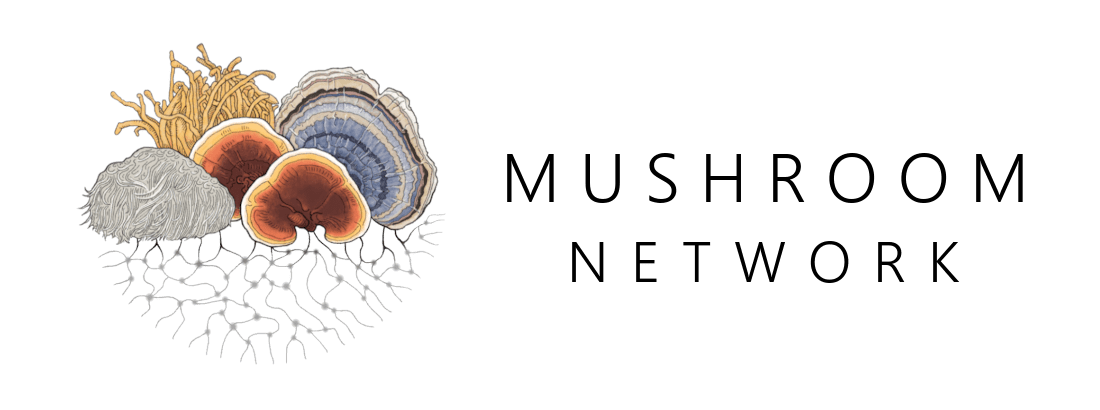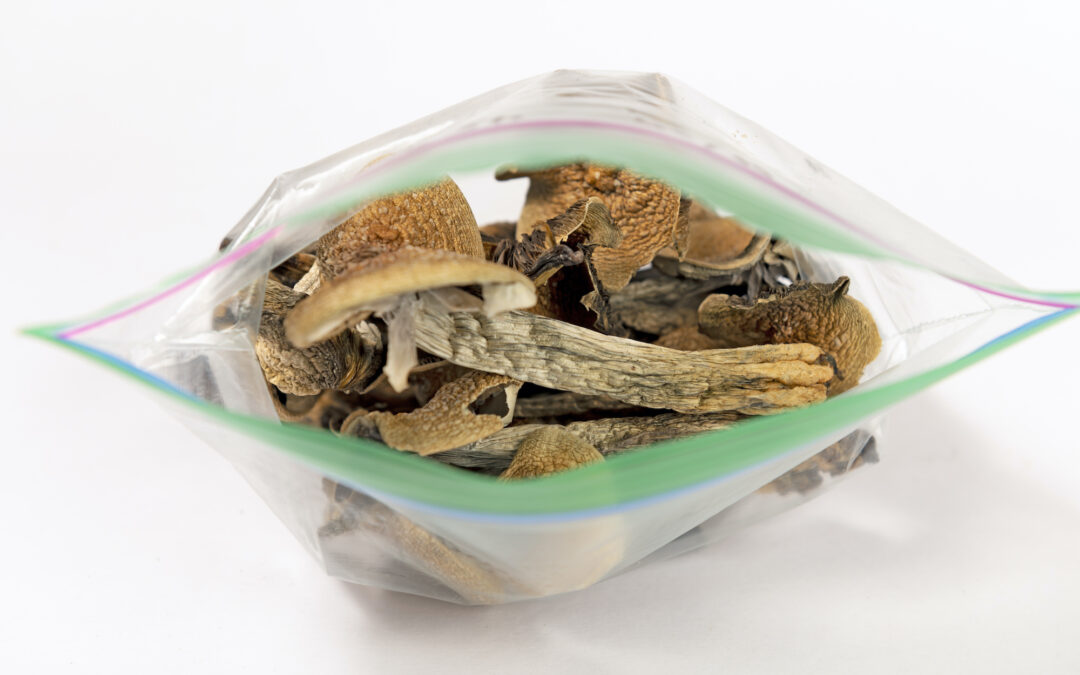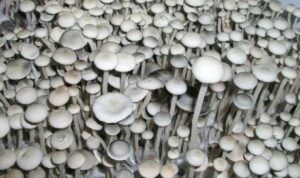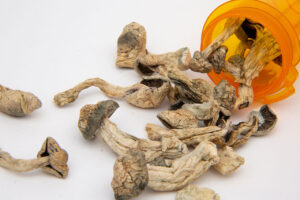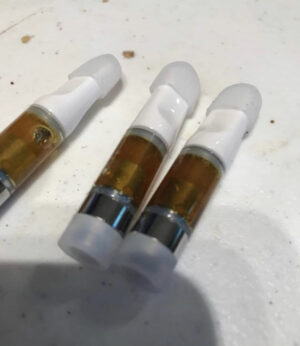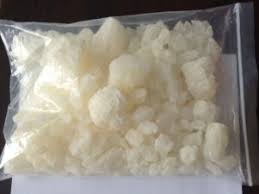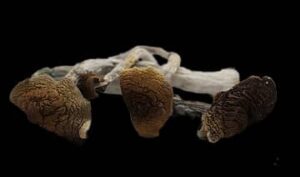Consuming psilocybin mushrooms has gained popularity in recent years due to their psychoactive effects and potential therapeutic benefits. However, the quality of these mushrooms can vary significantly, leading to potential health risks for users. In this article, we will explore the potential health risks associated with consuming low-quality psilocybin mushrooms. By examining factors that affect mushroom quality, the presence of contaminants and adulterants, as well as the physical and mental health effects, readers will gain insight into the importance of consuming high-quality mushrooms for a safe and beneficial experience.
Introduction to Psilocybin Mushrooms
Overview of Psilocybin Mushrooms
Psilocybin mushrooms, also known as magic mushrooms, are fungi that contain naturally occurring psychoactive compounds such as psilocybin and psilocin. These compounds are known for their hallucinogenic effects and have been used for centuries for spiritual and recreational purposes.
Usage and Popularity
The use of psilocybin mushrooms has been gaining popularity in recent years due to increased interest in their potential therapeutic benefits, particularly in treating mental health conditions like depression and PTSD. However, the quality of these mushrooms can vary greatly, leading to potential health risks if consumed without proper care.
Factors Affecting Mushroom Quality
Growth Conditions
The quality of psilocybin mushrooms can be significantly influenced by factors such as the substrate used for cultivation, humidity levels, and exposure to contaminants during the growing process. Proper growing conditions are essential to ensure the potency and safety of the mushrooms.
Harvesting and Storage Practices
How mushrooms are harvested and stored can also impact their quality. Improper harvesting techniques or storage in unsanitary conditions can lead to contamination and degradation of the psychoactive compounds, posing risks to consumers who ingest them.
Health Risks Associated with Low-Quality Psilocybin Mushrooms
Potential Contaminants
Low-quality psilocybin mushrooms may contain harmful contaminants such as bacteria, mold, or pesticides, which can cause adverse reactions or even serious health issues when ingested. It’s crucial to source mushrooms from reputable suppliers to minimize the risk of contamination.
Adulterants and Impurities
Some unscrupulous vendors may adulterate psilocybin mushrooms with other substances to increase their weight or potency, leading to unpredictable effects and potential dangers for consumers. The presence of impurities can also dilute the desired effects of the mushrooms or cause unexpected side effects.
Contaminants and Adulterants in Low-Quality Mushrooms
Mold and Fungal Contamination
One common issue with low-quality psilocybin mushrooms is mold or fungal contamination, which can thrive in improper growing or storage conditions. Consuming mushrooms contaminated with mold can pose serious health risks, including respiratory problems or allergic reactions.
Chemical Residues
In some cases, low-quality psilocybin mushrooms may contain chemical residues from pesticides or fertilizers used during cultivation. These residues can be toxic when ingested, leading to acute poisoning or long-term health complications. It’s essential to opt for mushrooms that are grown organically and free from harmful chemicals to minimize these risks.
Potential Physical Health Effects
Gastrointestinal Disturbances
Low-quality psilocybin mushrooms may lead to stomach upset, nausea, vomiting, and diarrhea due to improper growing conditions or contamination.
Allergic Reactions
Consuming low-quality psilocybin mushrooms could trigger allergic responses in susceptible individuals, leading to symptoms like itching, rash, and difficulty breathing.
Mental Health Concerns
Psychological Effects of Contaminated Mushrooms
Contaminated mushrooms can cause unexpected and potentially harmful psychological effects, including confusion, disorientation, and heightened anxiety.
Risks of Anxiety and Panic Attacks
Individuals consuming low-quality psilocybin mushrooms may be at a higher risk of experiencing intense anxiety or panic attacks, particularly if the mushrooms contain unknown substances.
Risks of Misidentification and Incorrect Dosage
Dangers of Misidentifying Mushrooms
Misidentifying mushrooms in the wild or using incorrect cultivation practices can result in consuming toxic or poisonous varieties, leading to severe health complications.
Importance of Accurate Dosage
Consumers must accurately measure psilocybin mushroom doses to avoid potential health risks, such as overwhelming psychedelic experiences, psychosis, or long-lasting psychological disturbances.
Conclusion and Recommendations
Summary of Health Risks
Consuming low-quality psilocybin mushrooms poses various physical and mental health risks, including gastrointestinal issues, allergic reactions, psychological distress, and incorrect dosages.
Guidelines for Safe Consumption
To minimize health risks, it is crucial to source mushrooms from reputable suppliers, accurately identify species, carefully measure doses, and create a safe and supportive environment for psychedelic experiences. Remember, when it comes to psychedelics, quality matters!In conclusion, it is vital for individuals considering the consumption of psilocybin mushrooms to be aware of the potential health risks associated with low-quality products. By understanding the factors that can impact mushroom quality and being vigilant about the presence of contaminants and adulterants, individuals can make more informed choices for their well-being. Practicing caution, proper dosage, and seeking high-quality sources can help mitigate the health risks associated with consuming psilocybin mushrooms.
